As a sign of the UK housing market’s continued resilience, prices rebounded in November at a rate of 2.1 per cent, the fastest price gain seen since February, according to the latest House Price Index by Halifax.
The average home was worth £234,625, and prices grew one per cent since October, suggesting that prices showed increasing upside momentum. The strength of the housing market last month came as the UK’s general election campaign started in earnest.
For the duration of last month, the Conservatives enjoyed a double-digit lead over Labour in a number of opinion polls. However, more recent aggregated polls by Britain Elects suggest that this has now shrunk into single-digits, opening up the possibility of a slimmer majority for the Conservatives, or even a hung Parliament.
Prices rise amidst growing sales
The new findings from Halifax come after HMRC data for October revealed that home sales had picked up by 4.3 per cent in October, suggesting housing market growth accelerating into late 2019. HMRC estimated that 103,680 homes were sold in October.
Despite this, mortgage approvals showed signs of weakness in comparison. Figures from the Bank of England suggested that mortgage approvals fell slightly in October. New buyer enquiries also declined in October, according to the Royal Institute of Chartered Surveyors (RICS).
The figures suggesting that house price growth rebounded over the course of November appear to corroborate claims made in September by Housesimple, that there would be a rebound in activity in the UK housing market during the autumn, as summertime is a traditionally slow season.
Russell Galley, managing director at Halifax, commented on the findings: “While a degree of uncertainty remains evident, it’s also clear that buyers and sellers are responding to factors such as improved mortgage affordability and the limited supply of available properties.”
Looking ahead, Mr Galley added that, while price growth had rebounded in the short term, modest gains were expected to be seen in the medium term, as the housing market entered into 2020.
Election enters final phase
The general election entered its final phase this week, as Boris Johnson was reluctant to subject himself to an interview with journalist and broadcaster Andrew Neil on the BBC. The Prime Minister’s decision to avoid the interview is reminiscent of Theresa May’s reluctance to attend one of the televised general election debates in 2017.
The Conservatives attracted controversy this week, when Chancellor of the Exchequer Sajid Javid made a claim that homelessness had fallen 50 per cent since 2010, and claimed that this had followed on from a period where it had risen under Labour.
Independent fact-checking charity Full Fact stepped in to assess the veracity of the statement, saying it was unaware of any official data which could back up Mr Javid’s claim, and that statutory homelessness in England had actually fallen during the later years under Labour, between 2003-09.
Full Fact added that there had also been a subsequent rise in statutory homelessness by 39 per cent since 2009, a period in which the Conservatives have been the governing party for the overwhelming majority of time.






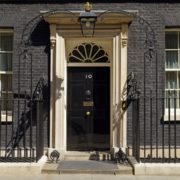
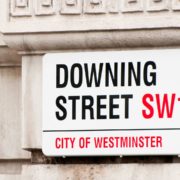
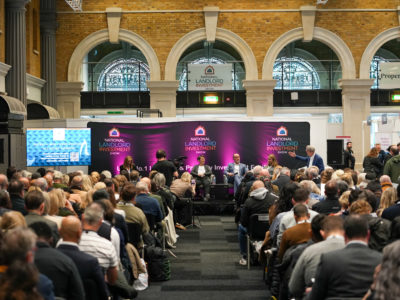
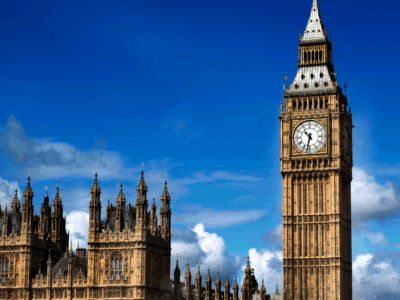
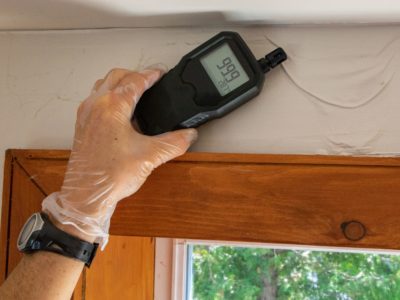



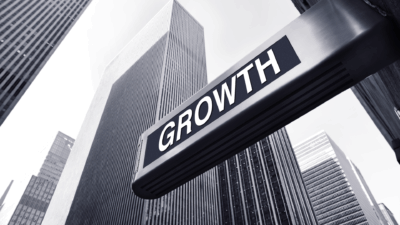
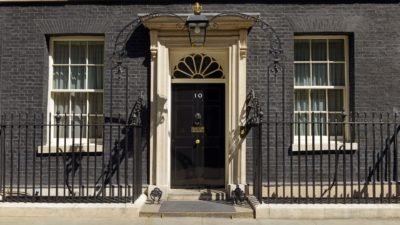







Comments